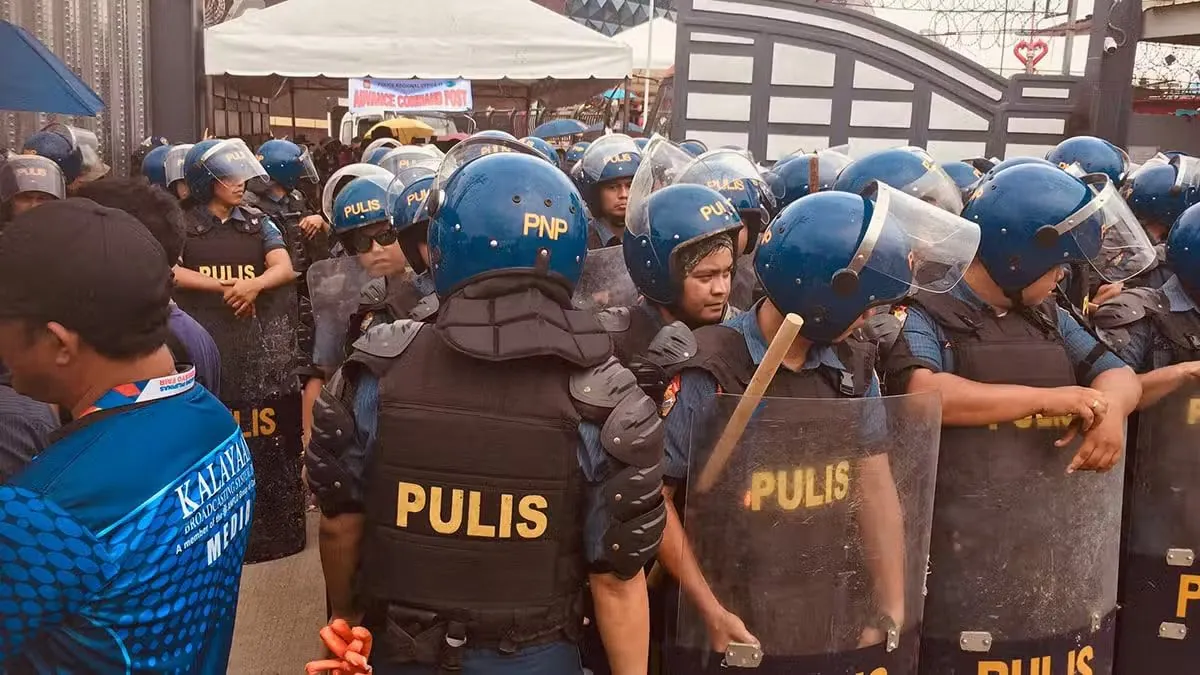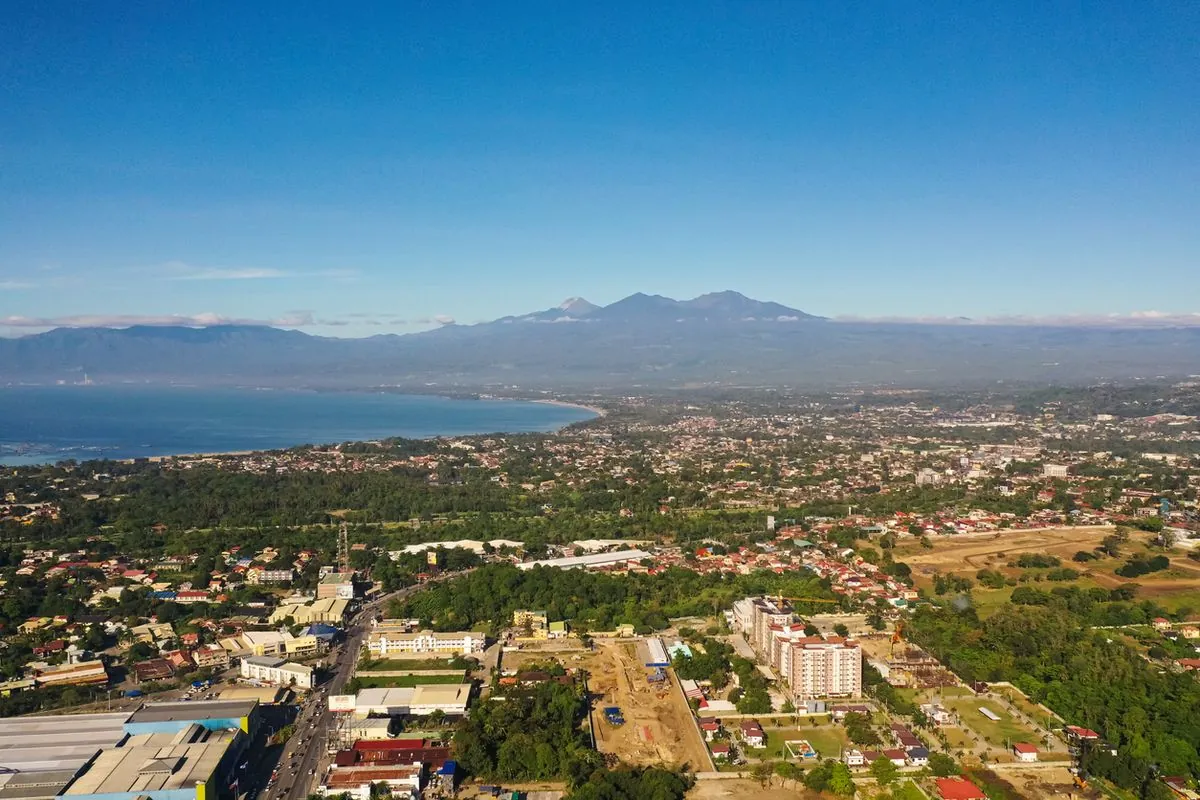Philippine President Defends Massive Police Operation to Arrest Controversial Pastor
President Marcos Jr justifies deployment of 2,000 officers to apprehend influential pastor accused of sex trafficking. Former allies criticize the operation, highlighting political tensions in the Philippines.

In a recent development that has stirred controversy in the Philippines, President Ferdinand Marcos Jr has defended the deployment of 2,000 police officers to apprehend Apollo Quiboloy, a prominent pastor accused of serious crimes. The operation, which took place on August 24, 2024, targeted the Kingdom of Jesus Christ (KOJC) compound in Davao City, where Quiboloy is believed to be hiding.
Quiboloy, who claims to be the "appointed son of god," faces charges of child abuse, sexual abuse, and human trafficking. The pastor, who denies all allegations, is also on the FBI's Most Wanted list, highlighting the international scope of the case.
President Marcos justified the large-scale operation, stating, "Considering that this is a 30-hectare compound, you really need plenty of people, not just a dozen police." The president's comments come in response to criticism from former allies, including ex-President Rodrigo Duterte and his daughter, Vice President Sara Duterte.

The operation has exposed growing political tensions in the Philippines. Sara Duterte, who recently left Marcos' cabinet, accused the police of rights violations and abuse of power. In a statement, she expressed regret for persuading Quiboloy's followers to vote for Marcos in the 2022 election, signaling a significant rift in their once-strong alliance.
"These acts are not only a blatant violation of constitutionally protected rights but a betrayal of the trust that we, Filipinos, place in the very institution sworn to protect and serve us."
The incident highlights the complex interplay between religion and politics in the Philippines, where church leaders often wield considerable influence. With over 110 million inhabitants and a predominantly Christian population, the country has a history of charismatic religious figures impacting the political landscape.
As the situation unfolds, it raises questions about the balance between law enforcement and civil liberties in the Philippines. The case against Quiboloy also brings attention to the global issue of human trafficking, which affects an estimated 40 million victims worldwide.
The ongoing controversy surrounding this high-profile arrest attempt underscores the challenges facing the Philippine government in maintaining political stability and addressing allegations of corruption and abuse of power. As the nation watches, the outcome of this case may have far-reaching implications for the country's political and religious dynamics.


































